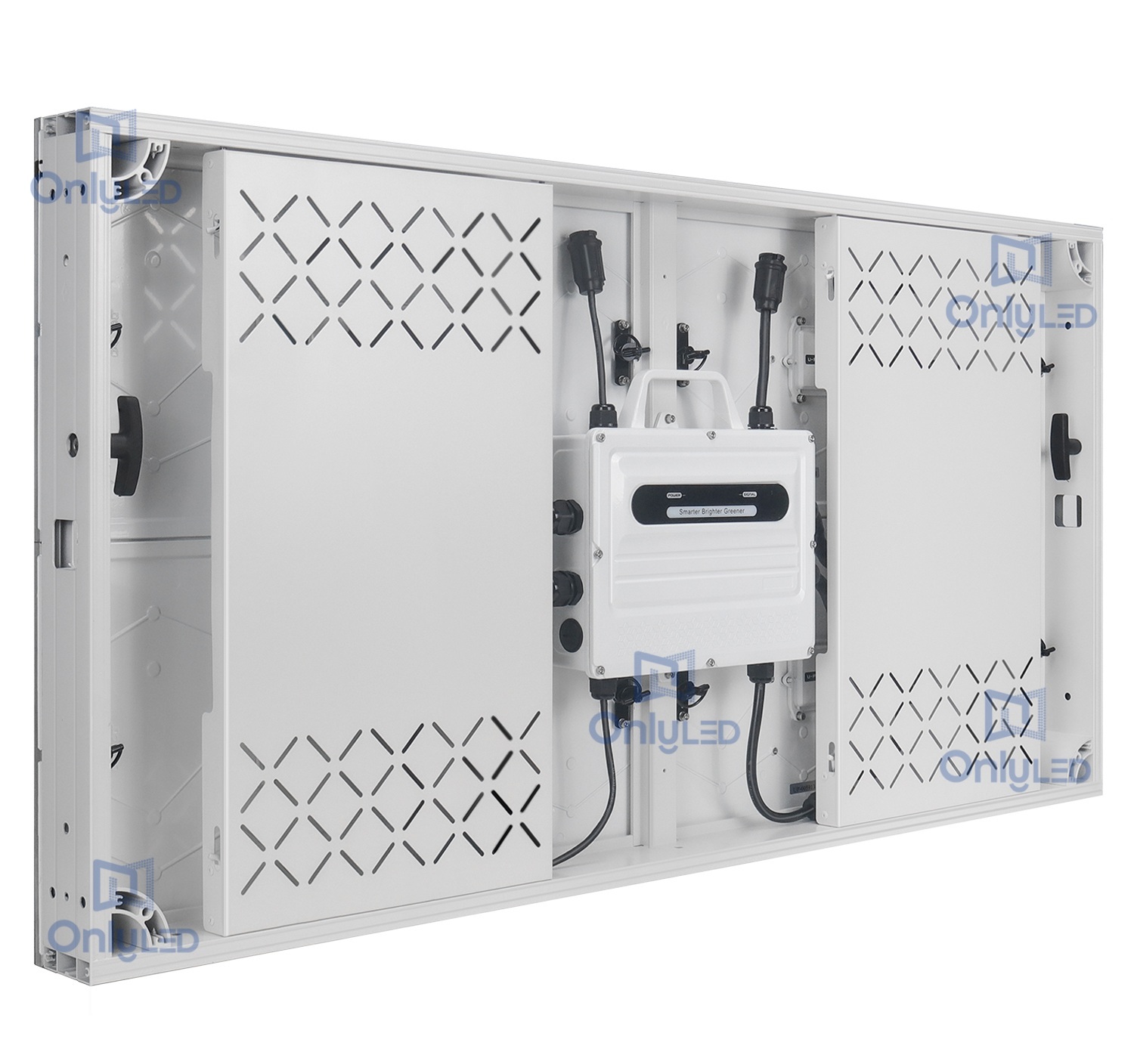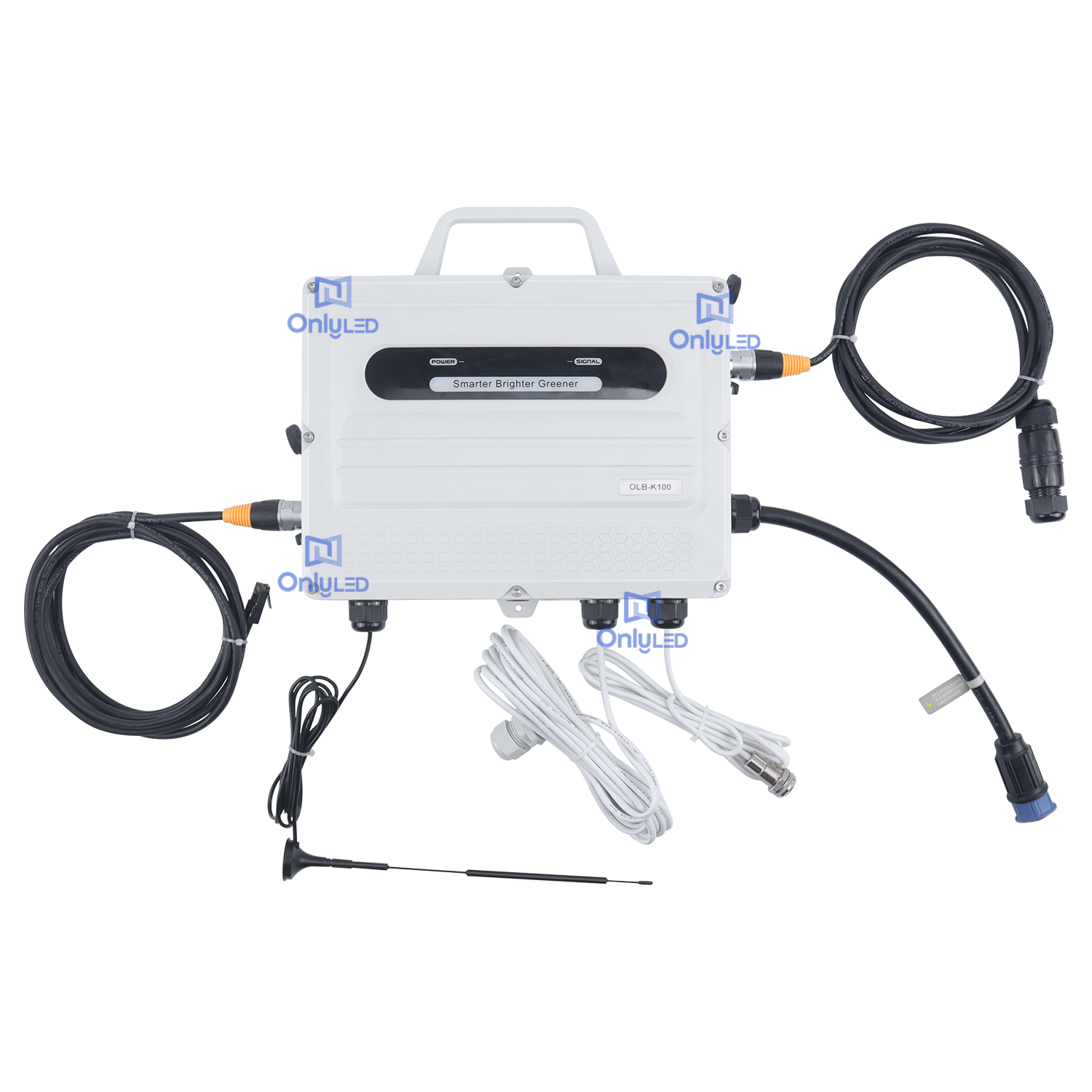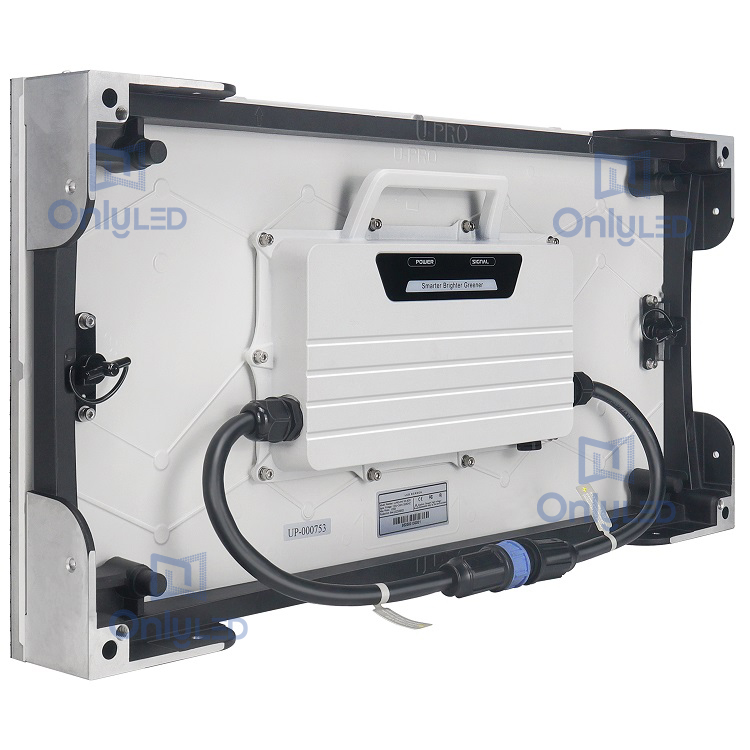Company News
Electromagnetic compatibility
Electromagnetic compatibility (EMC) is the ability of electrical equipment and systems to function acceptably in their electromagnetic environment, by limiting the unintentional generation, propagation and reception of electromagnetic energy which may cause unwanted effects such as electromagnetic interference (EMI) or even physical damage in operational equipment.The goal of EMC is the correct operation of different equipment in a common electromagnetic environment. It is also the name given to the associated branch of electrical engineering.
EMC pursues three main classes of issue. Emission is the generation of electromagnetic energy, whether deliberate or accidental, by some source and its release into the environment. EMC studies the unwanted emissions and the countermeasures which may be taken in order to reduce unwanted emissions. The second class, susceptibility, is the tendency of electrical equipment, referred to as the victim, to malfunction or break down in the presence of unwanted emissions, which are known as Radio frequency interference (RFI). Immunity is the opposite of susceptibility, being the ability of equipment to function correctly in the presence of RFI, with the discipline of "hardening" equipment being known equally as susceptibility or immunity. A third class studied is coupling, which is the mechanism by which emitted interference reaches the victim.
Interference mitigation and hence electromagnetic compatibility may be achieved by addressing any or all of these issues, i.e., quieting the sources of interference, inhibiting coupling paths and/or hardening the potential victims. In practice, many of the engineering techniques used, such as grounding and shielding, apply to all three issues.
What Is TÜV Certification and Why Is It Important?
What is TÜV?
TÜV is short for Technischer Überwachungsverein in German, which means Technical Inspection Association. These associations are independent companies that test, inspect, and certify technologies, products, and systems to ensure potential hazards and prevent damages.
During the Industrial Revolution in Germany, the idea of an independent technical review was established after an accident of a steam boiler. As more machines were introduced into the workforce in those times, there was a need to ensure the equipment and systems were safe for workers and consumers alike. The TÜV was then created to test, review, and regulate products and technologies to prevent accidents and eliminate defects.
What are the Benefits of TÜV Certification?
Achieving a TÜV certification is a long and laborious process. Despite so, many companies and organizations are willing to take the time and effort to undergo it as it brings them a whole host of benefits.
Recognized Seal of Trust
TÜV might have originated from Germany, but its brand mark is globally recognized as proof of competence and reliability. As an independent association, they are an unbiased and credible authority when it comes to testing and certifying.
Quality of Assurance
Achieving a TÜV certification means your company’s products have attained the requirements of safety, quality, and sustainability. This gives resellers and partners the confidence to work with you and consumers the peace of mind to use your products.
Competitive Advantage and Market Access
Working with a TÜV organization offers you access to a global network and database of knowledge and technology. With their shared expertise, your products can be regulated with protocols based on safety and quality requirements worldwide. This reduces the effort and time needed for approvals in different countries, giving you the edge over your competitors when you enter brand new markets.




